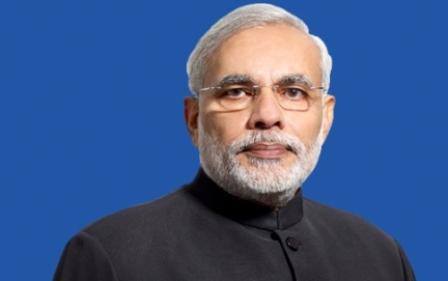
"PM Modi should discuss alternative methods to get Turkmenistan natural gas"
India is scaling-up its nuclear power projects, even as countries such as Japan and Germany have shut down, or are preparing to shut down, nuclear power plants. India aims to increase its share of electricity generated through nuclear energy from 3.5% to 25% by 2050, but it has insufficient reserves of uranium. It requires stable supplies of the fuel from countries such as Kazakhstan, Uzbekistan and Russia, with whom it has signed deals for supplying uranium.
Pipeline agreements, on the other hand, are more complex. The Turkmenistan-Afghanistan-
It is necessary for Prime Minister Modi to discuss alternative methods for India to receive natural gas from Turkemenistan. Bringing Turkmenistan’s gas to a port through a pipeline via Iran and then shipping it to India as LNG is only possible when economic sanctions on Iran are lifted.
On the renewable energy front, Tajikistan and Kyrgyzstan have significant hydropower potential but insufficient local demand. India can benefit from hydropower imports from these two countries, using a model similar to its partnership with Bhutan – funding hydropower projects and then buying the electricity.
(Amit Bhandari is a fellow for energy and environment studies at foreign policy think tank group Gateway House: Indian Council on Global Relations)
Support Our Journalism
We cannot do without you.. your contribution supports unbiased journalism
IBNS is not driven by any ism- not wokeism, not racism, not skewed secularism, not hyper right-wing or left liberal ideals, nor by any hardline religious beliefs or hyper nationalism. We want to serve you good old objective news, as they are. We do not judge or preach. We let people decide for themselves. We only try to present factual and well-sourced news.






